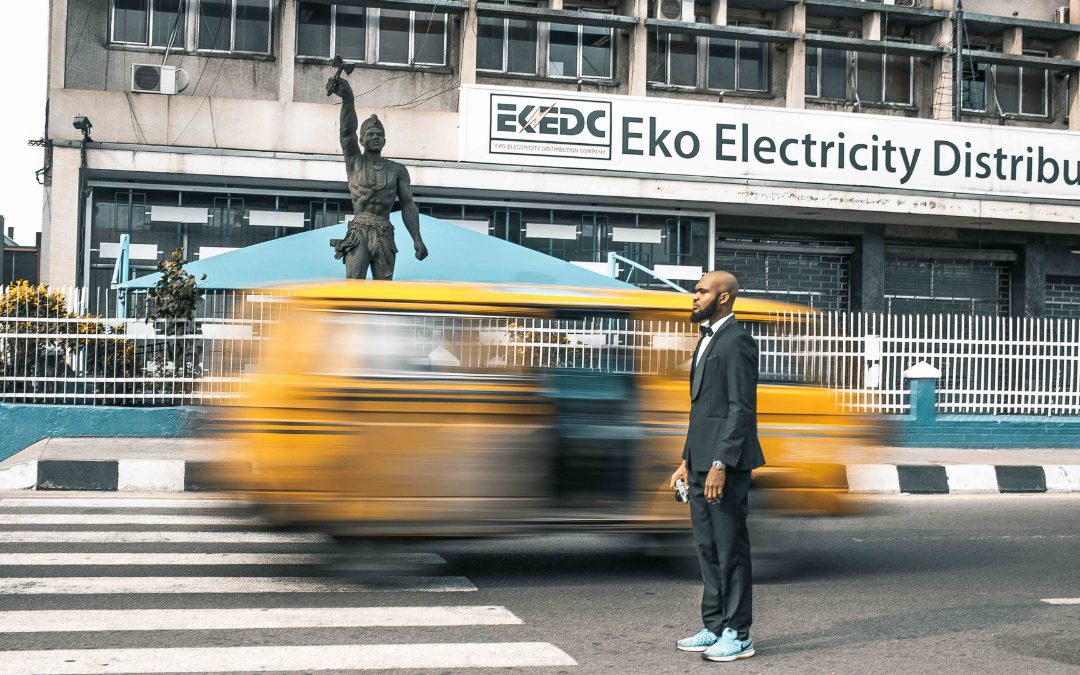The newest improvement is that no longer will everyone arriving in Hong Kong be given an “amber” code, which was previously given to prevent them from entering certain establishments.
Chief Executive John Lee made this announcement while also noting a decline in the use of the COVID-19 mobile application, which is required by the government.
As a result, Hong Kong is easing COVID-19 regulations, even more, aligning its actions with those of other nations which have already loosened travel restrictions.
The removal of the ‘amber’ code, which restricted entry to restaurants and bars, coincides with the resumption of travel and business, which has been boosted by this action.
According to reports, mainland China abandoned the requirement, which led to the government’s decision to get rid of the mobility-tracking software that managed who may enter restaurants and other establishments including clubs, gyms, and salons.
In the past, embassies, business organizations, and locals had criticized Hong Kong’s COVID-19 regulations, claiming that the stringent COVID restrictions jeopardized both the city’s competitiveness and its reputation as a major international financial hub.
Since the beginning of 2020, severe travel regulations are said to have had an impact on Hong Kong’s economy; however, things are currently anticipated to improve.
In the meanwhile, Nigeria also eliminated the COVID-19 testing requirements for foreign travelers, as well as the obligation to wear masks on flights and in airport facilities.
Additionally, regardless of their level of immunization, travelers to and from Nigeria would no longer be required to undergo COVID-19, according to a notification to airlines from the Nigerian Civil Aviation Authority.


